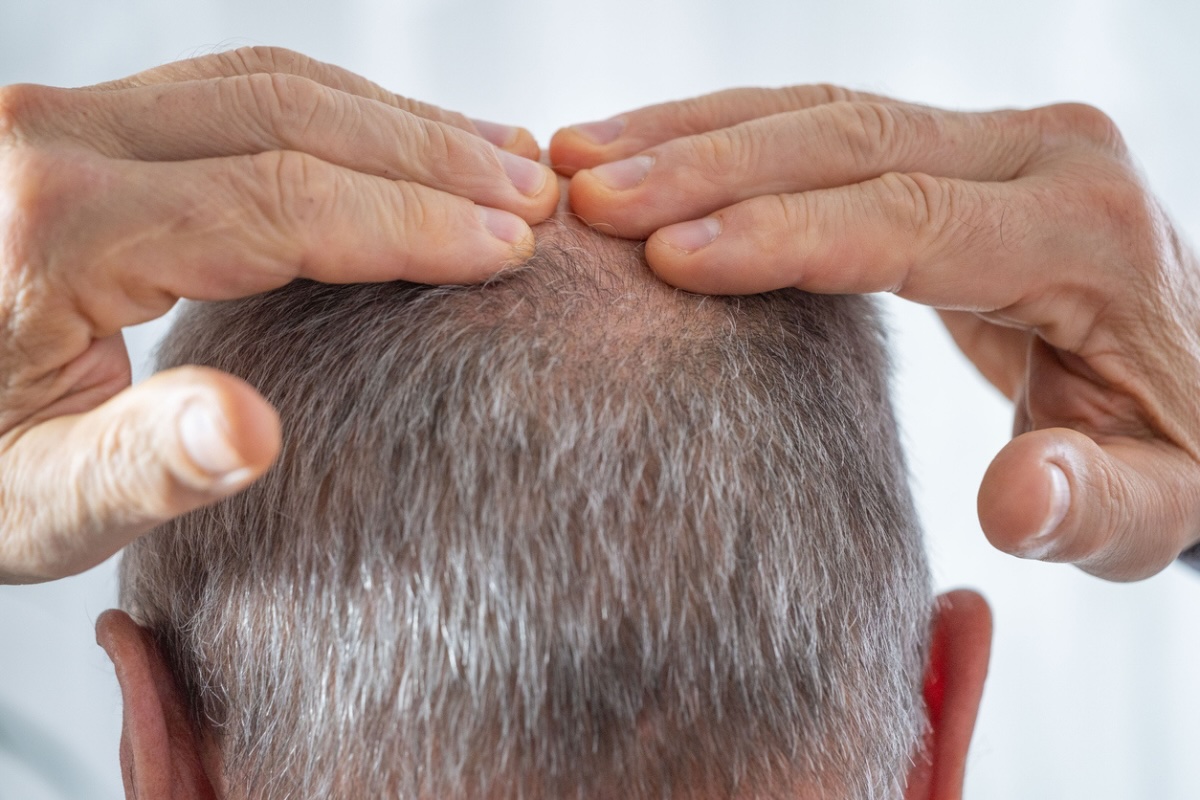A new University of Copenhagen study sheds light on why emotional blunting is such a common symptom among people who take antidepressants.
About half of users who take selective serotonin reuptake inhibitors (SSRIs) report a sense of emotional blunting, a psychic flatness that limits their emotional range, particularly their ability to experience positive feelings like pleasure and joy. SSRIs target serotonin, a neurotransmitter that regulates psychological functions including mood, sleep, and sexual desire. A lack of this brain chemical, it seems, also plays a key role in psychological disorders like depression, anxiety, and mania.
Inadequate Response to Antidepressants in MDD
Antidepressant Interaction with Adrenal Tumors
Rapidity of Symptom Improvement With Intranasal Esketamine for MDD
In this study, researchers gave a group of volunteers escitalopram, an SSRI that is generally well tolerated over a long period of time, while another group was given a placebo. After several weeks, the subjects were assessed to see how they responded to a range of cognitive tests.
Both groups performed similarly on “cold cognition” tasks that involve more objective and detached psychological functions such as memory, attention, and reasoning. They also performed similarly on “hot cognition” tasks that are more subjective and emotionally involved, such as decision making, moral judgment, and emotion recognition.
However, the volunteers taking escitalopram showed deficits in a cognitive process known as reinforcement learning, a behavioral principle based on trial and error. Two tasks in particular were used to measure reinforcement sensitivity, the degree to which a person is driven by the rewards or punishments that arise as a result of their actions.
In the first task, subjects were asked to follow a set of rules on a series of “model-based” tests to inform their decisions and then perform another series of “model-free” tests where they responded based on their past experience. Escitalopram users showed reduced reinforcement sensitivity in model-based behavior but not model-free behavior.
In the second “probabilistic reversal learning” task, participants were presented with a set of choices that had two options. Once they figured out the rules that determined the right answer, the scientists switched them up so they could measure how well the participants were able to adjust their thinking. Here again, escitalopram seemed to reduce reinforcement sensitivity.
What this shows, the scientists said of the study’s results, is that escitalopram specifically reduces the way that people respond to the positive and negative consequences, but has no effects on other types of thinking or behavior. This suggests that the drug affects sensitivity to rewards and the ability to respond accordingly. It could also explain why volunteers taking escitalopram reported having more trouble reaching orgasm when having sex, a common complaint among patients on antidepressants.
“Emotional blunting is a common side effect of SSRI antidepressants. In a way, this may be in part how they work–they take away some of the emotional pain that people who experience depression feel, but, unfortunately, it seems that they also take away some of the enjoyment. From our study, we can now see that this is because they become less sensitive to rewards, which provide important feedback,” said study senior author Barbara Sahakian, who is a professor of clinical neuropsychology at the Clinical Neuroscience Institute, University of Cambridge.
Over 13 percent of adult Americans over the age of 18 use antidepressant medications in any 30 day period, according to the Centers for Disease Control and Prevention (CDC). Antidepressant use increases with age and some of the highest use is among those with some college education (14.3 percent) and women over 60 (24.3 percent.)
The authors noted that their findings contribute important evidence for the role of serotonin in reinforcement learning and for understanding the side effects of antidepressants. They plan to follow up this work by examining neuroimaging data to understand how escitalopram affects the brain during reward learning.


